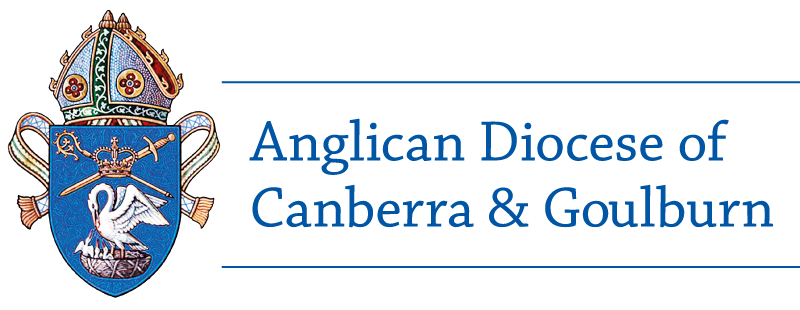We interviewed small business owner Gail Lubbock, of Escala Shoes, to find out what the impacts of COVID-19 have been for her and how she has been managing those.
• Can you tell us how you came to be the owner of Escala Shoes?
Following a nursing career spanning some 35 years, and 10 years of variously working in sales and marketing, NGO and retail I was given the opportunity to buy Escala – an opportunity which I grasped and which I have thoroughly enjoyed for the past 22 years.
• What did running a business look like for you in pre-COVID times?
I took an already flourishing business and have been fortunate enough to enable it to continue to grow and flourish. I was able to travel to Europe twice per year to attend Shoe Fairs and factories, to meet designers and craftspeople and choose stock which reflected the requirements of my clients both here in Canberra and the wider region. I have been blessed to meet and build great relationships with wonderful people in my industry.
Pre-COVID times have not been without their difficulties also, as we surfed through the significant period of the Global financial crisis, the introduction of the GST and various other global impacts.

• What have been some of the biggest impacts of the Pandemic, of running a small business?
Businesses generally have been impacted by global shutdowns, the closure of non-essential businesses, the restriction placed on people movements; all of which place considerable difficulty on cash flow, intake of stock for now and the future and cause significant anxiety as businesses look to a future without a map. For most small business there is no clear way of understanding how one provides a forecast for even the next month let alone the next 6 or 12 months. My business is no different and I too have to anticipate how to proceed into a slightly discombobulated and uncertain future. How to create cash flow, how to anticipate stock levels, how to ship goods from overseas and amongst it all to remain confident that there is a way forward and this too will pass!
• What have been some of the ways that you have adjusted what you do in response?
Initially and in the early part of the lock-down period, I offered appointment-only opportunities for my clients which they responded to beautifully. It was an enjoyable experience for both the client and myself, and an enabling thing for my business. My staff, of course, were stood down and JobKeeper came into play, which has been enabling for everyone, including myself. We are now running the store on reduced opening hours and staffing which, as the situation improves, will be reviewed.
Buying presents a more thought-provoking situation as travel to Europe for the foreseeable future is restricted. This is where I am eternally grateful for the relationships which I have built up with my suppliers and factories over many years. Because knowing the workmanship, styling and manufacturing processes, I can work via online mediums such as Zoom.

• What are some of your worries, concerns, or plans for the future and how does being a Christian enable you at this time?
When a business, any business, experiences the downturns such as we have experienced over the past months, the concern is for the future. How do we plan to proceed? In my particular situation, this has involved: strategic planning for stock intake; deeper understanding of client requirements during this time which will be reflected in the buying; maintaining a good social media presence which keeps clients informed, excited and positive; and continuing to rely on a God whose strong arm has brought me along this journey for many years.
To not be shaken or afraid I’ve needed to cast all my anxieties on Jesus and to learn in a much deeper way to trust in my God who tells me that: ‘I know the plans I have for you’, declares the Lord, ‘plans to prosper you and not harm you, plans to give you hope and a future’. Jeremiah 29 :11

